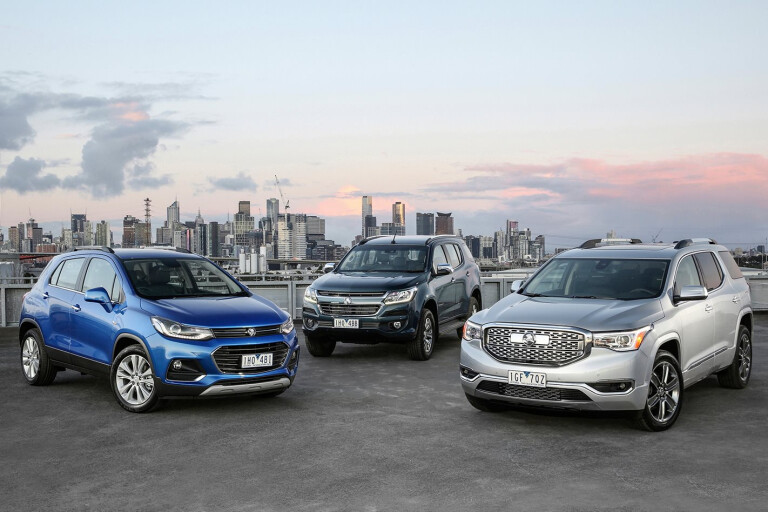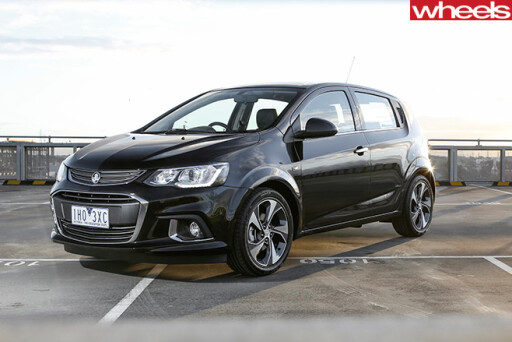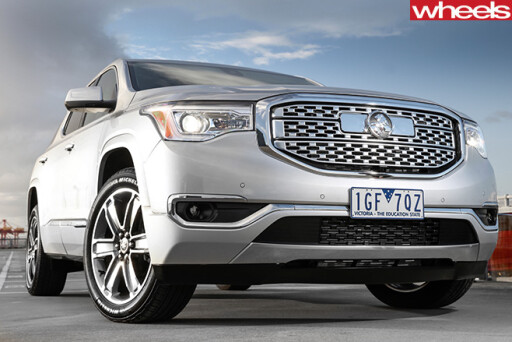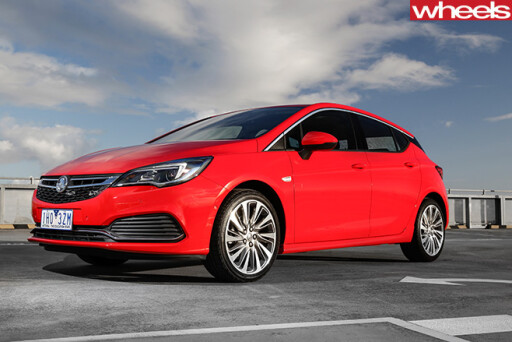
What to expect from Holden with a new import-only future.
“It’s time to change.” That was the crux of a frank and open internal assessment of Holden as it embarks on a massive marketing campaign designed to reposition the brand that currently has its lowest market share in 68 years of building cars in Australia.
The quintessentially Australian brand is set to go through the biggest change in its history as it transitions from Australia’s first and most influential car maker to one that from 2018 simply falls into line with the 60-odd import-only brands fighting for a slice of 1.2 million sales.
In its quest to become the “most caring and trusted car company in Australia” and one that attracts “new customers for life” Holden chairman and managing director Mark Bernhard acknowledged some of the failures and immense challenges of a brand fighting for survival; quality hasn’t always been where it needed to be; Holden hasn’t always offered the right cars for Australia; and Holden has sometimes focused on enthusiasts and loyalists at the expense of others.
Despite having the biggest dealer network in the country – totalling 230 – Holden sales account for just 8.0 percent of the market in 2016, less than half that of the top seller, Toyota.
 “We need to redefine what Holden stands for,” said Bernhard in a media briefing at the company’s Port Melbourne head offices.
“We need to redefine what Holden stands for,” said Bernhard in a media briefing at the company’s Port Melbourne head offices.
“For 70 years Holden has been defined by local manufacturing and locally built vehicles. That has to change. Our challenge is to redefine what Holden means in Australia and recapture our relevance.”
At the same time Bernhard acknowledged the long and diverse history of Holden, which started in 1856 with a saddlery company and in 1948 evolved into a manufacturer of Australia’s original own car, the Holden 48-215.
“We also have a 160-year history in this country [first as a saddlery and eventually a car maker], which we’re very proud of, but we need to evolve if we’re to flourish,” said Bernhard.
Key to the fresh sales pitch is an influx of new models, which has already kicked off with the heavily revised Colorado ute as well as the Spark city car, the first of 24 new models promised by 2020.
Holden also committed to five new or updated models by January 2017; an updated Barina, updated Trax, updated Trailblazer (formerly Colorado 7), new Astra and a replacement for the Captiva, expected to be called Equinox.
 Holden also confirmed the Acadia seven-seat SUV for 2018, a car likely to appeal to families who previously bought Commodores.
Holden also confirmed the Acadia seven-seat SUV for 2018, a car likely to appeal to families who previously bought Commodores.
Bernhard said by 2020 Holden will have its most diverse product portfolio, replacing the ageing models that have lingered as a result the new model trickle that slowed when its parent company, General Motors, applied for bankruptcy in 2009 as a result of the global financial crisis.
“We’re going to have more vehicles in more segments than we’ve ever had before,” he said. “Our opportunity with product is huge.
“We are in a unique position to pick and choose the best vehicles from General Motors; the best cars from Europe, the best cars from the US and the best cars from Asia.”
Bernhard said part of the challenge would be reconnecting with the Australians that have turned away from the brand over more than a decade.
“Holden has deep connections into Australian communities. We’re a big part of the history of this country, but we need to show today’s Australia who we are, what we stand for and why they should buy Holden products and services.”
 Bernhard referred to the imminent shutdown of manufacturing as Holden’s “biggest challenge”, and one that continues to make many Australians think the brand is disappearing with it.
Bernhard referred to the imminent shutdown of manufacturing as Holden’s “biggest challenge”, and one that continues to make many Australians think the brand is disappearing with it.
It starts next month with the October 7 wind down of Cruze manufacturing. Phase two is in December, with confirmation the Port Melbourne engine plant will close, while the final phase is the closure of the Elizabeth production line – and local Holden Commodore production – late in 2017.
Beyond that the Holden brand will continue, but for the first time there won’t be an Australian Holden in the lineup.
As for topping the sales charts - something Holden has done for most of its life and something that was a stated goal two years ago - Bernhard says the brand will not play the “discount game” to atrract big volumes.
“Holden’s success is not purely about market share; yes, it’s still a big factor … but we’re not blindly chasing market share.
“Number one in market share or sales is not the measure of success.”

COMMENTS